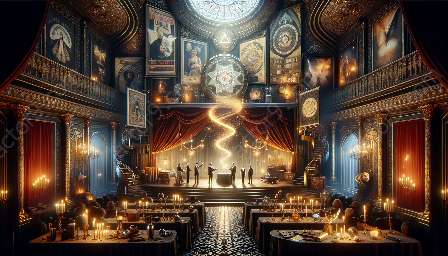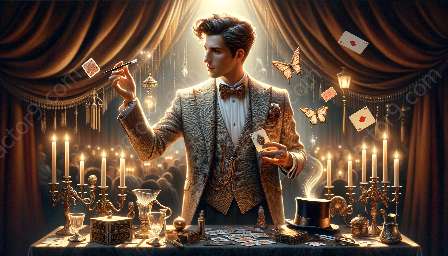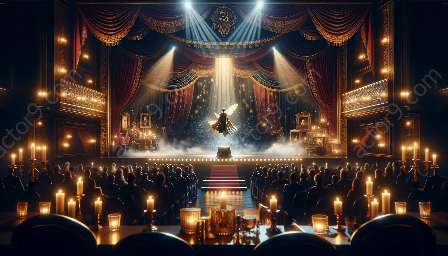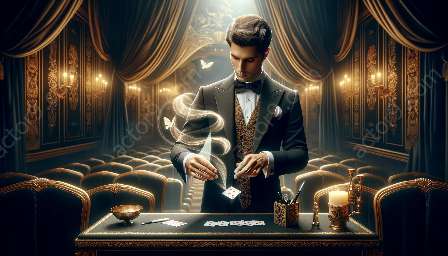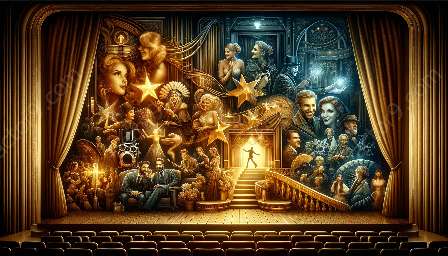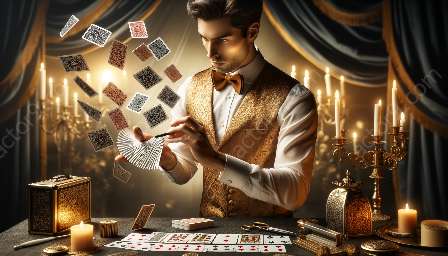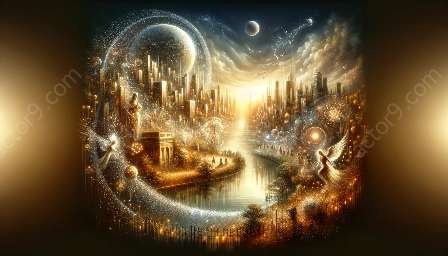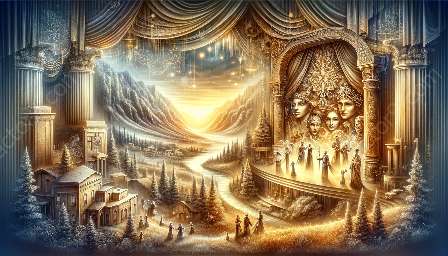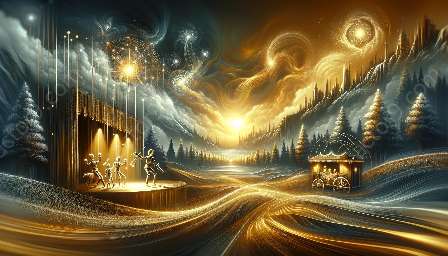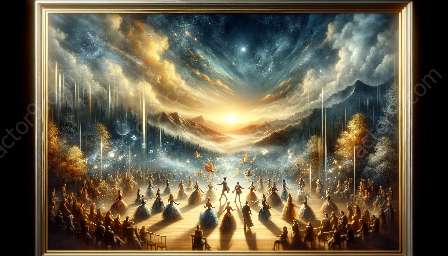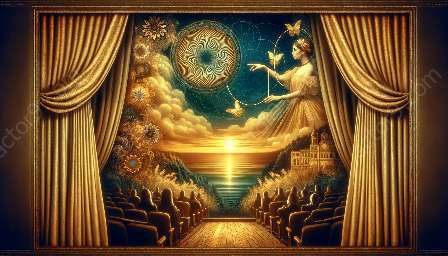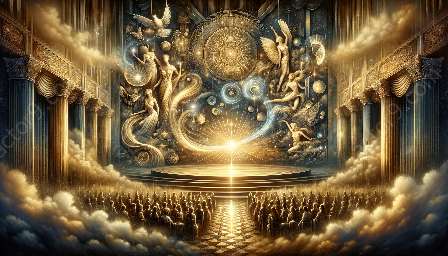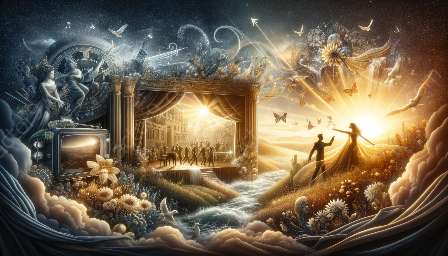Magicians and sleight of hand artists have long captivated audiences with their mystifying performances, yet societal perceptions of these individuals often vary. Delving into the world of magic and illusion, we uncover the cultural, historical, and contemporary views towards this fascinating art form.
Historical Context
The practice of magic and illusion has been timeless, with its roots deeply embedded in various cultures and civilizations. Ancient societies viewed magicians and illusionists as individuals possessing supernatural abilities, often revered and feared due to their perceived link with the spiritual realm. It wasn't just entertainment for them; it held a significant societal and religious significance.
Perceptions through the Ages
As civilization evolved, so did the perceptions of magicians and sleight of hand artists. During the Renaissance era, magic became associated with the occult and alchemy, often drawing fascination and suspicion in equal measure. The rise of stage magic in the 19th and 20th centuries further influenced societal views, with magicians gaining fame as entertainers while still holding an air of mystery and intrigue.
Modern Perspectives
In today's modern society, the perception of magicians and sleight of hand artists has transformed yet again. While many continue to appreciate the art form for its entertainment value, others may view it with skepticism, attributing it to mere trickery and deception. This perception is partly shaped by the prevalence of mass media and exposure to behind-the-scenes secrets of magic performances, which can diminish the awe and wonder associated with magic.
Impact of Technology
Advancements in technology, such as the proliferation of digital effects and computer-generated imagery, have raised the bar for what audiences perceive as magical. This has placed added pressure on magicians and illusionists to innovate and adapt, influencing how their craft is regarded in societal contexts.
Cultural Variances
Across different cultures, societal perceptions of magicians and sleight of hand artists vary significantly. In some societies, magic is deeply embedded in religious and spiritual rituals, whereas in others, it is seen purely as entertainment. Understanding these cultural nuances is crucial in comprehending the diverse societal attitudes towards magicians and their craft.
Perception of Deception
One of the central debates surrounding magic and illusion is the perception of deception. While some appreciate the artistry and skill that goes into creating illusions, others may see it as a form of manipulation or dishonesty. This dichotomy in societal attitudes reflects the complex relationship between magic and ethical considerations.
Challenging Stereotypes
In recent years, there have been efforts within the magic community to challenge stereotypes and misconceptions associated with the art form. Magicians and illusionists are increasingly vocal about the creativity, discipline, and showmanship required in their craft, aiming to reshape societal perceptions and elevate the art of magic to greater appreciation.
Conclusion
In conclusion, societal perceptions of magicians and sleight of hand artists have evolved over time, influenced by historical, cultural, and technological factors. While magic continues to enthral and mystify audiences, it also sparks contemplation on the boundaries between reality and illusion, ethics and entertainment. Exploring these societal perceptions offers a deeper understanding of the enduring allure of magic and the intricacies of human perception.

